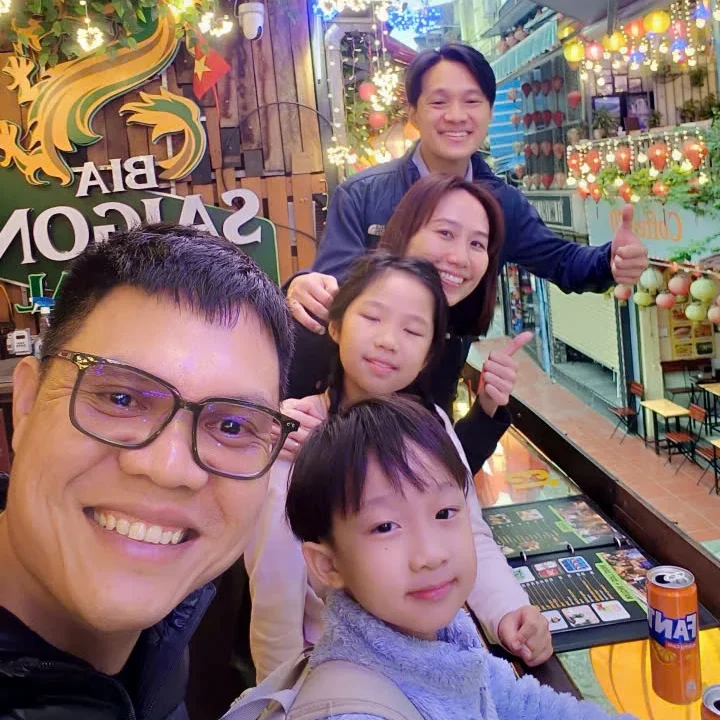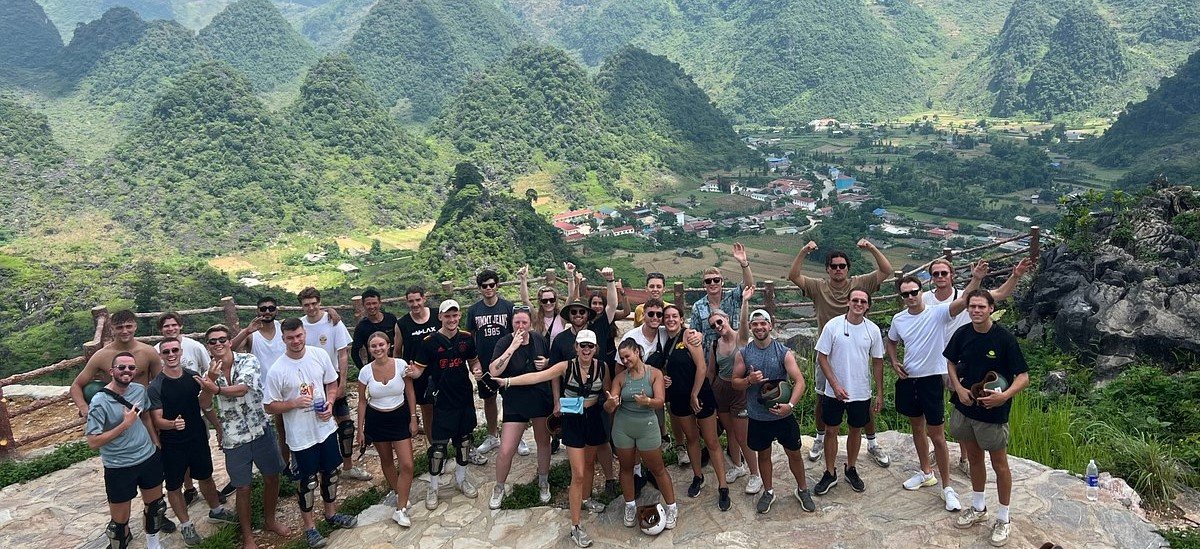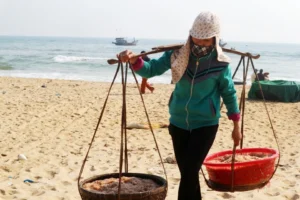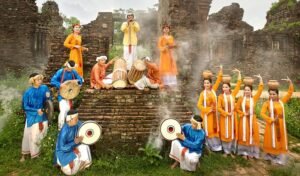Understanding Vietnamese Family Structure: A Cultural Perspective
Vietnam’s society is deeply rooted in its traditions, and the Vietnamese family structure is one of the strongest pillars of its culture. Family in Vietnam is not just a unit but a microcosm of the country’s values, customs, and relationships. It reflects a sense of unity, respect, and interdependence that has stood the test of time. Let’s delve into the intricacies of Vietnamese family relationships and how they shape Vietnamese social customs.
The Foundation of Vietnamese Family Structure
What Defines a Vietnamese Family? The Vietnamese family is traditionally patriarchal, hierarchical, and multi-generational. It’s common to find grandparents, parents, children, and even extended relatives living under one roof. This close-knit living arrangement reinforces familial bonds and ensures mutual support.


Historical Roots of Vietnamese Family Systems: Vietnamese family structures are influenced by Confucianism, a philosophy that emphasizes respect for elders, filial piety, and the importance of hierarchy within the family. Over centuries, this philosophy has guided Vietnamese social customs and family relationships.
The Role of Family in Vietnamese Culture: In Vietnam, family values is more than a social unit; it is the foundation of identity. Individual achievements are often seen as a reflection of family honor, and decisions are made with the family’s well-being in mind.
🇻🇳 Uncover the historical and cultural significance of Vietnamese Temples!
Key Roles Within Vietnamese Family Relationships
The Role of Parents
Parents hold a revered position within the family hierarchy. Fathers are typically seen as the head of the family and decision-makers, while mothers are central to managing the household and nurturing relationships.
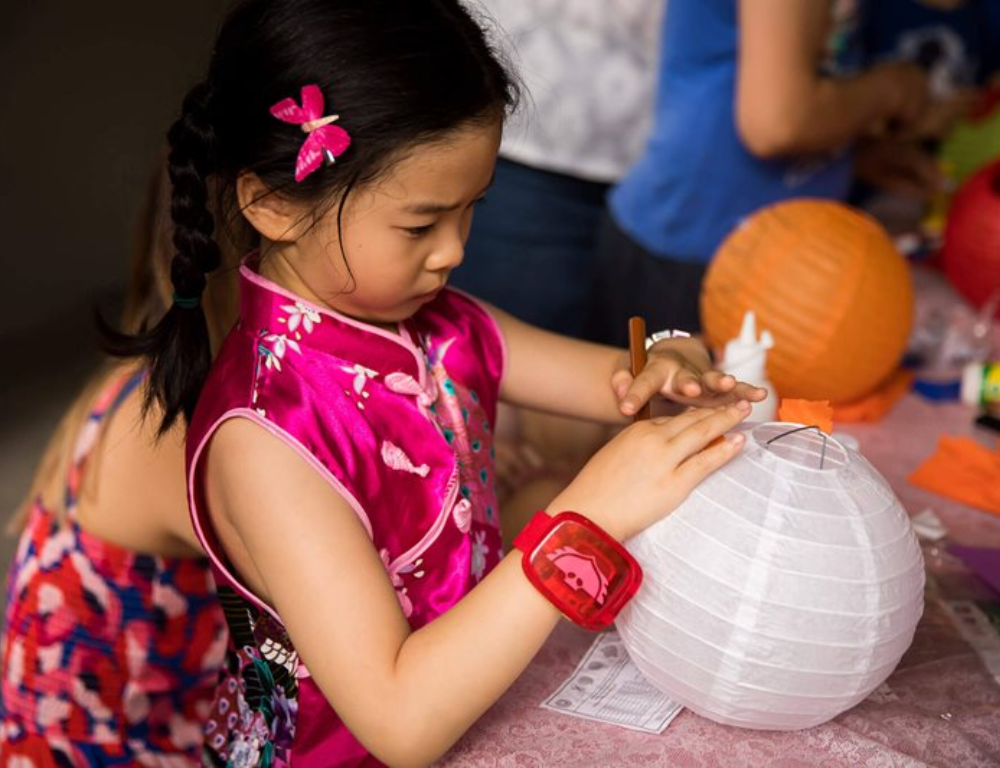



The Role of Children
Children are expected to respect and obey their elders. From a young age, they are taught about filial piety—an essential Confucian value. Children’s successes in education and career are considered the pride of the entire family.
Explore: Unveiling Vietnamese Culture: Traditions, Etiquette & Festivals for Travelers
The Role of Grandparents
Grandparents are highly respected and often play a central role in raising grandchildren. Their wisdom and experience make them influential in family matters.
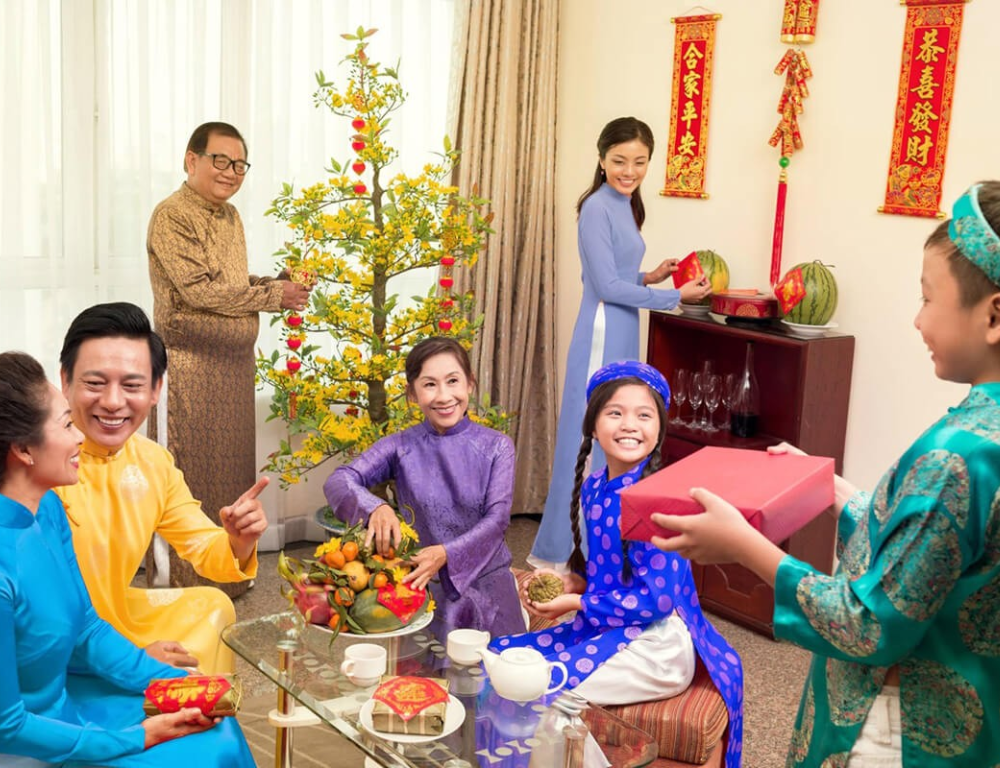

Siblings and Extended Family
Siblings often share strong bonds, as they are raised to support and care for one another. Extended family members, such as aunts, uncles, and cousins, are also considered integral to the family network.
🇻🇳 Admire the colorful and intricate designs of Vietnamese Clothing!
The Hierarchical Nature of Vietnamese Families
The Importance of Hierarchy
The Vietnamese family structure is highly hierarchical, with clear roles and expectations for each member. Age and gender are key factors that determine one’s position in the hierarchy.
Respect for Elders
Respecting elders is a cornerstone of Vietnamese social customs. Younger family members show deference to their elders through language, behavior, and gestures. For example, addressing someone by their proper title—such as “ong” (grandfather) or “ba” (grandmother)—is a sign of respect.
🇻🇳 Gain a deeper understanding of Vietnamese family values and traditions.
Multi-Generational Living: A Key Aspect of Vietnamese Family Structure
Why Multi-Generational Living is Common
In Vietnam, it’s common for multiple generations to live together under one roof. This arrangement fosters interdependence and ensures that family members can support one another emotionally, financially, and practically.
Benefits of Multi-Generational Living
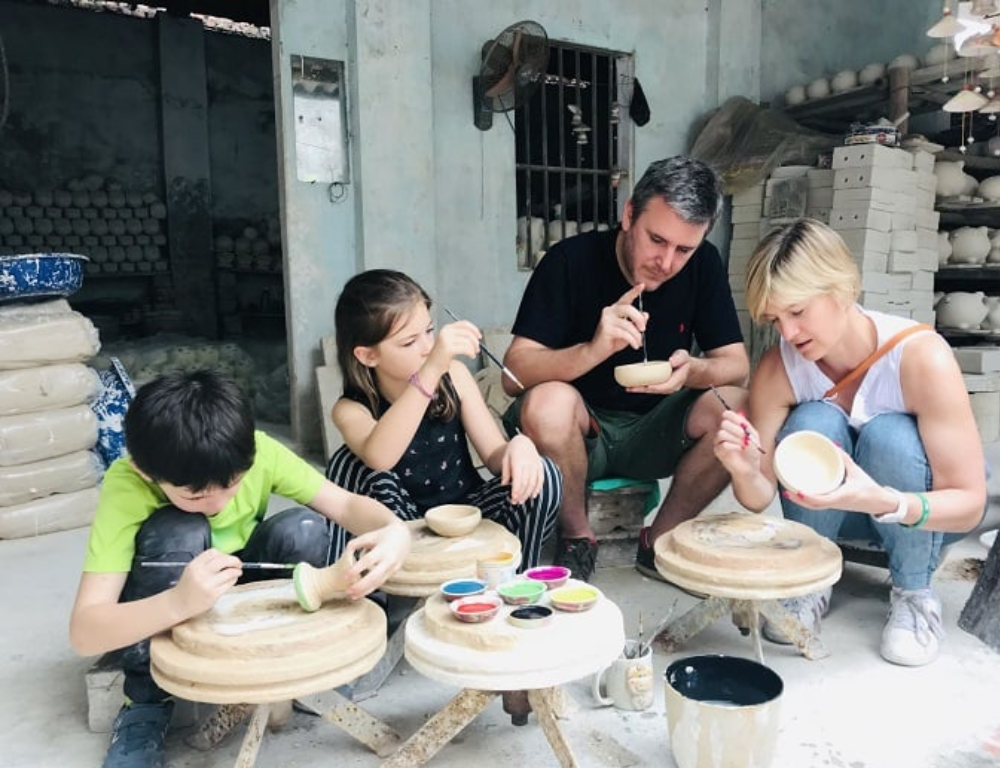

- Emotional Support: Grandparents provide wisdom, and children bring youthful energy.
- Financial Stability: Sharing resources reduces individual financial burdens.
- Cultural Continuity: Younger generations learn family traditions directly from their elders.
Challenges of Multi-Generational Living
While it strengthens bonds, living together can also lead to conflicts, especially between different generations’ values and lifestyles.
📸 Immerse yourself in Vietnam’s captivating culture. From ancient temples to vibrant festivals, there’s something for everyone. | Contact us via WhatsApp or follow Sun Getaways Travel Fanpage for personalized trip planning. Or follow these posts to explore the cultural wonders of Vietnam:
Vietnamese Family Relationships in Modern Times
Impact of Urbanization and Globalization
Urbanization has led to nuclear families becoming more common in cities. However, strong ties to extended family remain intact, even if physical proximity is reduced.
Changing Gender Roles
Traditionally, Vietnamese families were male-dominated, but modern times have seen a shift. Women now play more active roles in decision-making and contribute significantly to the family’s income.
Youth and Individualism
Younger generations, influenced by global trends, are becoming more individualistic. However, the core values of respect and filial piety still resonate deeply.
🇻🇳 Learn essential Vietnamese phrases for your next trip!
Cultural Practices that Strengthen Vietnamese Family Bonds
Ancestor Worship
Ancestor worship is a key part of Vietnamese social customs. Families maintain altars in their homes to honor their ancestors, offering incense, food, and prayers. This practice reinforces a sense of gratitude and continuity.
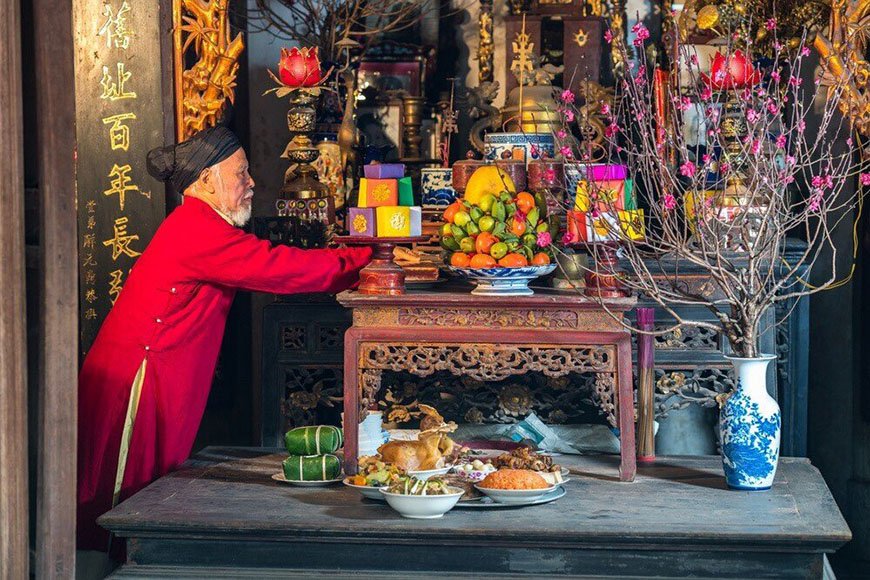
Family Reunions and Festivals
Family reunions during festivals, such as Tet Holiday (Lunar New Year), are crucial. These gatherings allow members to reconnect, pay respects to elders, and strengthen familial bonds.
Weddings and Funerals
Weddings and funerals are significant events that bring extended families together. These occasions are seen as opportunities to uphold family traditions and express mutual support.
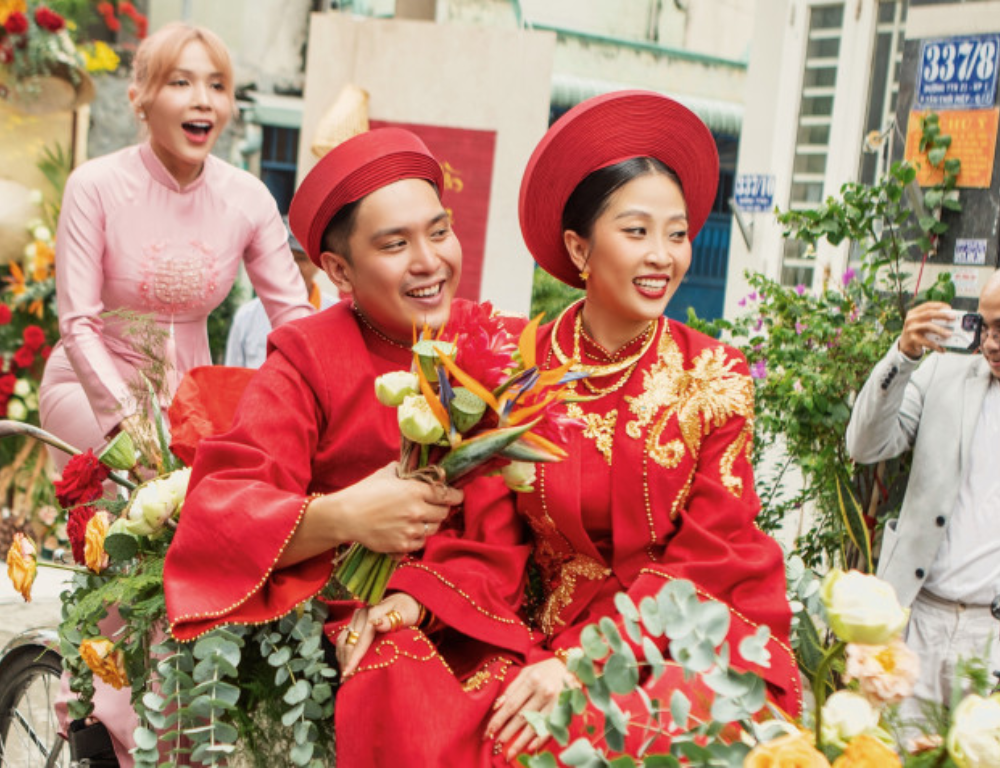

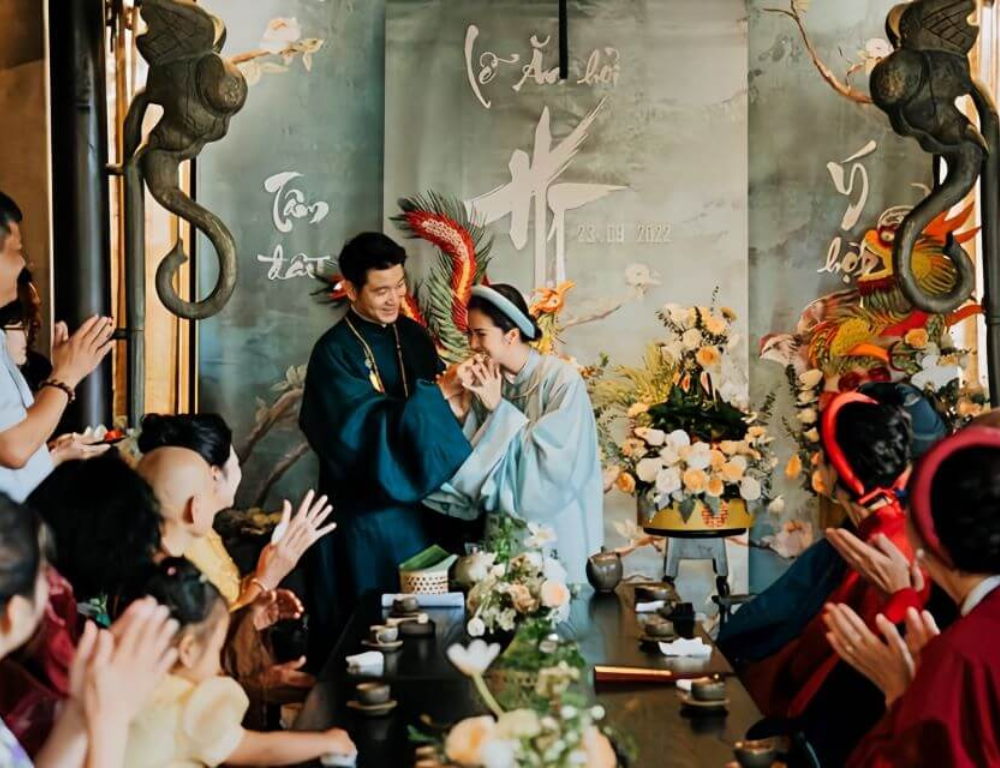

Vietnamese Social Customs and Family Dynamics
Role of Marriage in Family Structure
Marriage is not just a union of two individuals but also of two families. The process often involves negotiations and blessings from elders, reflecting the family-centric nature of Vietnamese society.
Family Decision-Making
Decisions, whether big or small, are often made collectively, ensuring that the interests of the family as a whole are prioritized over individual preferences.
Support Systems in Vietnamese Families
Vietnamese families function as robust support systems. From childcare to financial aid, members are always ready to assist one another in times of need.
🇻🇳 Learn about proper Vietnamese etiquette and customs.
The Influence of Confucianism on Vietnamese Family Structure
Filial Piety: The Heart of Vietnamese Values
Filial piety, or “hieu,” is the duty of children to respect, care for, and honor their parents and ancestors. It’s the cornerstone of Vietnamese family relationships.


Collectivism Over Individualism
Confucianism emphasizes collectivism, which means the family’s needs often take precedence over individual desires. This is evident in how family members support one another in education, career, and personal life.
Challenges to Traditional Vietnamese Family Structures
Modernization and Urban Lifestyles
With modernization, many families have moved to urban areas, where the pace of life often limits the time spent on family rituals and traditions.
Generational Conflicts
Differences in values between older and younger generations can sometimes lead to misunderstandings, especially regarding career choices, lifestyle, and marriage.
Economic Pressures
Financial challenges can strain family relationships, particularly in cases where younger members seek independence from traditional family expectations.
🔥 Find the perfect Hanoi Accommodation for your journey in Vietnam!
Maintaining Vietnamese Family Values in a Changing World
Balancing Tradition and Modernity
While modernization brings change, many Vietnamese families strive to maintain traditional values alongside contemporary lifestyles. This balance ensures that the essence of family bonds remains intact.


Strengthening Family Bonds Through Communication
Open and respectful communication between generations can bridge gaps and help families adapt to changing times without losing their cultural identity.
FAQs
- What makes Vietnamese family structure unique?
The multi-generational living arrangement and strong emphasis on respect and hierarchy set Vietnamese families apart. - How do Vietnamese families show respect for their elders?
Elders are respected through gestures, language, and the prioritization of their opinions in family matters. - What is the role of ancestor worship in Vietnamese culture?
Ancestor worship is a way of honoring deceased family members and maintaining a spiritual connection with them. - How has modernization impacted Vietnamese family structures?
Urbanization has led to smaller family units, but strong ties to extended families and traditional values remain. - Why is filial piety important in Vietnamese families?
Filial piety reflects respect, care, and gratitude towards parents and ancestors, forming the foundation of Vietnamese family relationships.
Conclusion
The Vietnamese family structure is a beautiful blend of tradition, respect, and connection. Despite the challenges of modernization, the essence of Vietnamese family relationships—anchored in filial piety and collectivism—remains a cornerstone of the nation’s cultural identity. Understanding these dynamics provides a deeper appreciation of Vietnam’s rich heritage and the values that continue to shape its society.
Experience Vietnam like never before with Sun Getaways Travel. Our all-inclusive trips cover every detail, from accommodations and transportation to unforgettable experiences, depending on your interests (Our Customized Private Tour for each customer to Vietnam 🇻🇳). Ready to embark on your next adventure?
Ask a question
Leave a Comment (0)
No questions yet. Be the first to ask a question!

